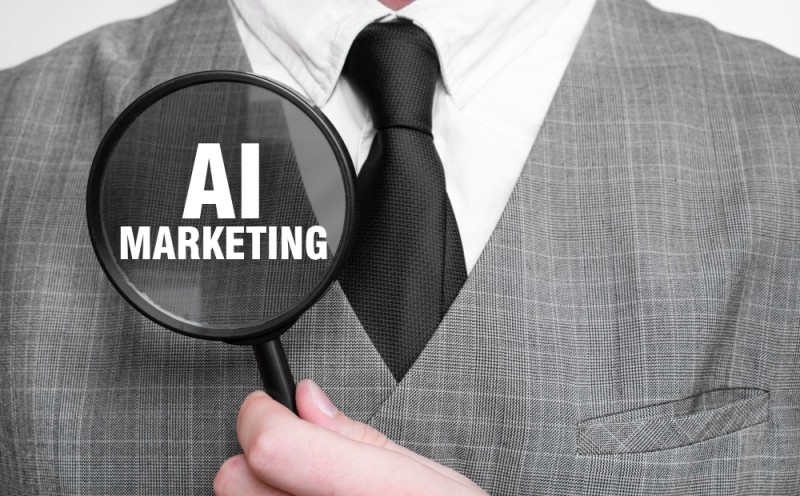31 Jan

The ERP domain is undergoing a significant transformation as major players rush to integrate Artificial Intelligence (AI) into their systems. While this trend promises innovation, it has also sparked a debate about whether some ERP providers are prioritizing marketing over genuine performance enhancements. As AI becomes a buzzword, it’s crucial to distinguish between true AI capabilities and basic automation, especially in an industry where accuracy and reliability are paramount.
The AI Hype in ERP
Many ERP systems, particularly those designed for manufacturing, distribution, and financial management, are embracing AI. However, not all features labeled as "AI" are truly intelligent. Some providers are leveraging the term to market basic automation tools, creating confusion among users. For instance, solutions tailored for small manufacturers requiring precise, on-time deliveries have introduced features that streamline workflows. While these improvements are valuable, they often fall under the umbrella of automation rather than true AI.
Similarly, platforms catering to job shop and make-to-order manufacturers have incorporated predictive analytics into their systems. While this is a step forward, it’s essential to recognize that predictive analytics, though advanced, is not synonymous with AI. The same applies to accounting solutions for small businesses and financial planning tools. Both have introduced features that enhance efficiency, but these are largely automation-driven rather than AI-powered.
The Importance of Accuracy in ERP
In the ERP domain, accuracy is non-negotiable. Systems that manage team expenses or provide comprehensive solutions for large enterprises must prioritize precision over flashy features. For example, platforms designed for wholesale and distribution management have integrated AI-driven demand forecasting. While this is a genuine application of AI, it’s critical to ensure that such features are thoroughly tested and validated to avoid costly errors.
Automation vs. AI: A Crucial Distinction
?Automation and AI are often conflated, but they serve different purposes. Automation involves rule-based tasks that follow predefined workflows, such as generating invoices or updating inventory levels. AI, on the other hand, involves machine learning, natural language processing, and decision-making capabilities that adapt and improve over time. For instance, an AI-powered ERP could analyze historical data to predict future trends, whereas an automated system would simply execute repetitive tasks without learning from data.
A Positive Outlook
Despite the marketing hype, the integration of AI into ERP systems holds immense potential. True AI can revolutionize decision-making, optimize supply chains, and enhance customer experiences. However, ERP providers must focus on delivering accurate, reliable solutions rather than chasing trends. Users, too, should educate themselves about the differences between automation and AI to make informed decisions.
In conclusion, while the AI race in the ERP domain is exciting, it’s essential to prioritize performance over marketing gimmicks. By distinguishing between automation and AI, and emphasizing accuracy, ERP providers can deliver solutions that truly empower businesses. As the industry evolves, the focus should remain on creating value for users, ensuring that AI-driven innovations enhance, rather than compromise, the integrity of ERP systems.




